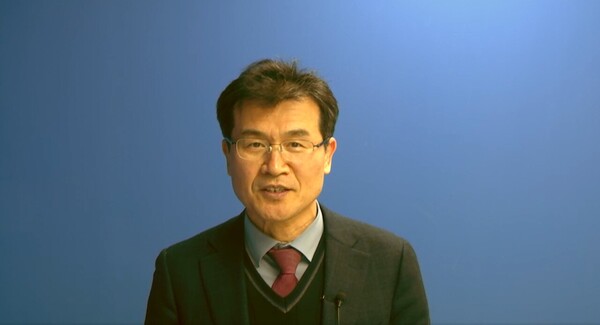As Korean cosmetic goods, including fillers and botulinum toxin, draw popularity in China on the back of the “K-beauty” craze, fake made-in-Korea goods are rampant in the Chinese market, officials said Wednesday.
Korean government officials ferreted out 1 billion won ($81,122) worth of counterfeit Korean cosmetic products in four months, they added.
The Korea Intellectual Property Office (KIPO) disclosed the results of its crackdown on counterfeit cosmetic goods to know how some Chinese firms infringed on the intellectual property rights of Korean cosmetic goods manufacturers.
KIPO, the Overseas Intellectual Property Center in Beijing, and the Korean embassy to China jointly investigated 36 wholesalers, 166 skin care centers and parlors, and 12 online platforms from July to October last year. As a result of the on- and off-line probe, they uncovered six wholesalers suspected of circulating massive amounts of Korean cosmetic goods.
Unlike original products circulated at hospitals and designated wholesalers, fake cosmetic goods were known to have been traded secretively on China’s online messenger service, WeChat.
Based on such investigation results, the market supervisory bureau in Shenzhen, Guangdong Province, cracked down on two wholesalers’ warehouses on Oct. 25 and confiscated 3,164 counterfeit Korean cosmetic products without a source of origin documents specifying importers and manufacturers.
The authorities will discard the amount worth 1 billion won if sold disguised as genuine goods.

KIPO said it would strengthen the support for and the protection of K-brand products by eliminating the circulation of counterfeit goods.
In cooperation with Korea Trade-Investment Promotion Agency (KOTRA), it will expand its investigation to Vietnam and other Southeast Asian countries to ferret out infringement on intellectual property rights.
KIPO will announce plans to enhance countermeasures against the counterfeit goods of K-brand products to reduce damage to Korean makers through interagency consultation.
“As Korean cosmetic products enjoy increasing popularity in China thanks to the Hallyu boom, the infringement on Korean companies’ intellectual property rights is spreading from beauty products to cosmetic medical goods,” said Kim Shi-young, director-general of the Intellectual Property Protection Cooperation Bureau at KIPO. “We investigated to protect better Korean companies’ intellectual property rights, and the Chinese authorities are also pushing to strengthen the protection of IPRs, making swift probes possible.”
Kim noted that the infringement on Korean firms’ intellectual property rights overseas reduces the companies’ exports and brings down the products’ credibility.
In cooperation with KOTRA, Korean embassies, and foreign governments, KIPO and its overseas intellectual property centers will actively support Korean companies respond to infringement on their intellectual property rights, boost the credibility of their products, and increase their exports,” he added.

